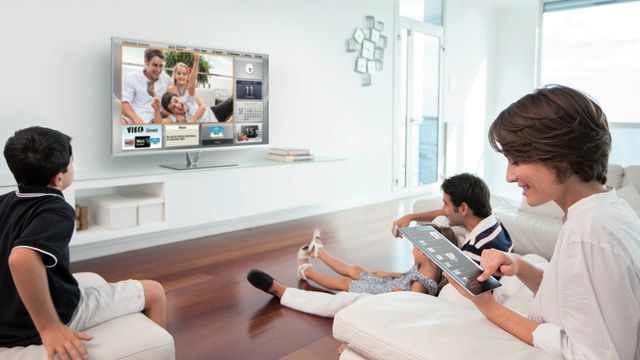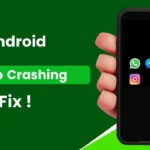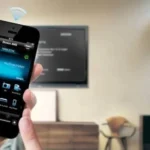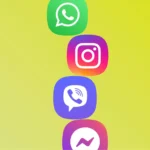
To imagine that to a 20th century household TV was the same thing fireplace was in the Middle Ages: the focal point and probably the most important thing in the world. Generations grew in front of silver screen, sympathized and fell in love with their favorite TV show characters, as well as found their mental getaway in the Wild-West prairies, or in the distant cultures of the Orient. According to some recent predictions, this era just might have come to an end, however some tend to strongly disagree.
The competition
The truth is that since internet appeared, the very notion of TV got an incredibly strong competitor. Both computers and mobile devices managed to mesmerize younger populations. For a while it did seem as TV will soon become a thing of the past. Luckily major entertainment corporations refused to go down without a fight. Premium entertainment channels started investing heavily in developing their own original shows. This allowed them to remain competitive at least for a while. A perfect example of this are The Sopranos by the HBO.
Keeping your TV updated
If you can’t beat them, join them and optimizing your cable via internet is something that is bound to invigorate television as well as fix the odds in its favor. Today, there is nothing easier than finding adequate Foxtel Broadband Bundles, to match your needs. All one has to do is simply pinpoint the most appropriate package and revel in all the perks of modern technology. This idea of television and internet combining to create something completely unique is a notion that is second to none.
The numbers speak more than words
Although we all heard statements like television is dead, CBS recently came out with a stunning information. According to their researches, more people are watching TV today than they did decade ago. The only major difference here is that live viewing has significantly shrunken from only a decade ago. For example in 2003, live viewership was almost 100% while today, it has shrunken to no more than 61%. This however probably has more to do with how much widespread are interactive television services like Tivo.
Millennials are losing interest
Now, as we debunked the myth of television audience slowly losing interest, it is important that we focus on two other most popular myths out there. First one is that millennials are no longer a TV audience. This statement is believed to be only partially true and David Poltrack believes that watching TV is more of a life stage related thing than something concerned with generational gap. One thing however is true, a television is one of the most important items in a household run by 18-34 years old. This being said, we can all see how perfectly millennials fall into the pattern their predecessors established.
TV advertising and millennials
As for television advertising, not even this concept is lost on millennials. All television had to do is adjust a bit and target them properly. The very fact that in order to get a 30-second add only few years ago, you had to pay an astounding $109,000. And this was the average price. A 2011 survey (although one must admit that 4 years is a lot of time) showed that a millennial spends on average 4 hours in front of the TV and only 1 hour browsing the internet. It doesn’t take a rocket scientist to do the basic math here.
Finally, the era of TV (although no longer in its prime) is far from over. There are many who argue that an alleged decline is nothing more than a transition period which will inevitably lead to the renaissance of television. Today we live in an exciting time and the future of TV can go either way. All in all, this remains an open question which remains to be resolved.

Jimmy is a dedicated and experienced author of this tech blog. He wants to be helpful and offer great content to his readers, but he also needs to make sure that the site is profitable so it can continue running. If you have any questions or concerns about our work please don’t hesitate to contact us!












